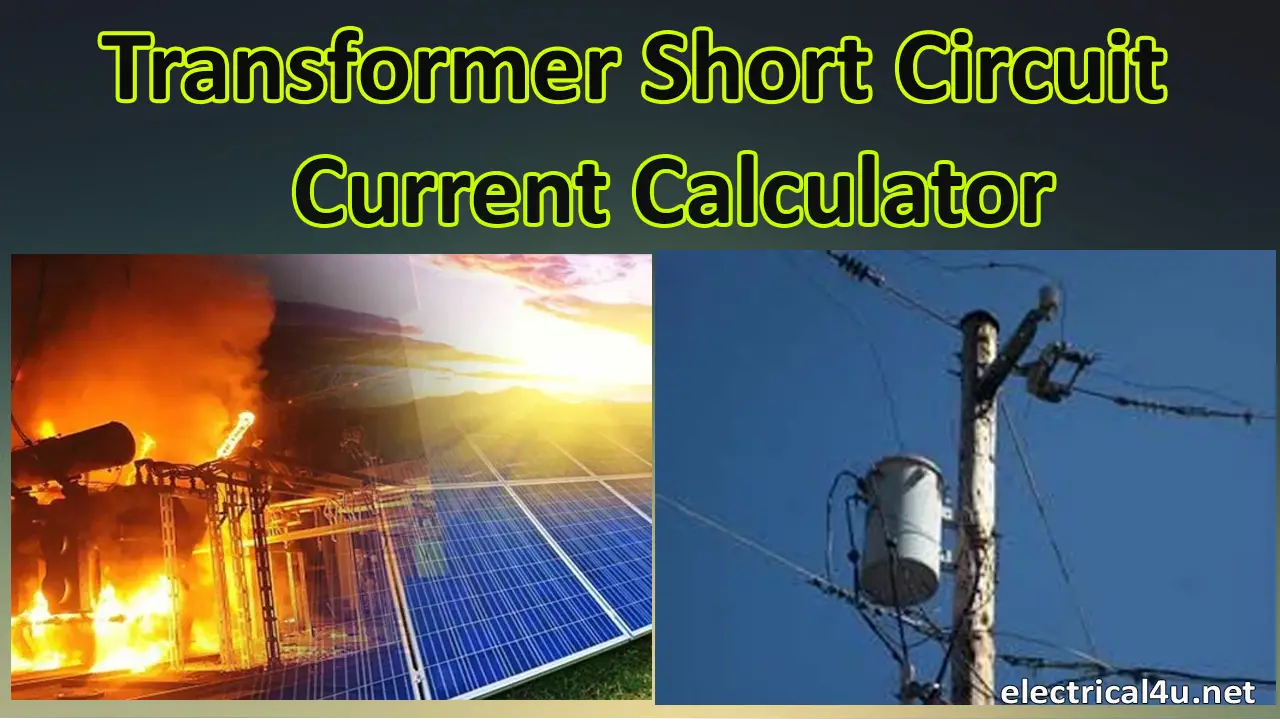timselectric
If I can do it, you can do it.
- Joined
- Feb 5, 2022
- Messages
- 19,718
I never really understood where the "low frequency" naming came from. The transformer changes the voltage, not the frequency.
Small typo: under "Operating Temperature Range", you have "(>450 derating)", which I assume is supposed to be "(>45C derating)", or "(>45º derating)".Here is the spec sheet for the new AIO
Two different things being confused here yet again thanks to the wonky American split phase system.Well then, everyone else has had it wrong in this forum. Because every unit with a transformer is referred to as low frequency.
And 90% of them have autotransformers.
What does split-phase have to do with it?Two different things being confused here yet again thanks to the wonky American split phase system.
No Hyper VOC so don't go over 600V
It does, when referring to a single leg surge.Transformer does not do anything to provide high surge.
Bob was posting about this the other day:

Midnite Solar Rosie on sale
Sounds like a lose-lose. If you give your blueprints and essentially your IP to a Chinese firm, what is to prevent them from delivering an inferior product and materials under your contract, opening up another company manufacturing an AIO with relatively superior materials selling them under a...diysolarforum.com
It does, when referring to a single leg surge.
CorrectYes, a transformer can transfer power from 240V to 120V or vice versa. So could give 2x if big enough.
But it doesn't store energy to any appreciable degree or otherwise help with surge.
I'll just take your word on most of this. It's over my pay grade. lolI think the most dramatic effect is in a true low-frequency configuration like MSW.
A utility transformer spec'd 3% regulation might deliver 0A at 123.6V, 100A at 116.4V. If you short-circuit the output, it could deliver 3000A or more.
Similar the surge capability of MSW, if the transistors could carry the current.
Anything HF uses SMPS to store energy in an inductor. What it can do is limited by stored energy and switching frequency.
There needs to be an option from them with ALL the capability of this inverter without the built in chargecontroller..Excellent news Robin & Halfcrazy.
I don't care where it's made, as long as it is made well & to robust specs.
I found the "Art-Deco" comment funny... I like Art-Deco myself, it's COOL ! Architects should bring it back with a modern twist IMO.
Dang thing about it.... Those of us who have Classics & are all setup would have to swallow a Big Chunk to convert over... I dunno many who'd want to sacrifice a few grand worth of SCC's that work amazingly well.
Feel welcome to send one my way. I will be adding solar to a Sol-Ark 15k with a battery. It is a unique use case for the MS Inverter, but would serve as a demonstration for the general concept:We will be looking for the best places to give away the first 20 units. We need to get the most out of these marketing units as there is a ton of competition. Some of it is pretty good, but a lot of it misses the mark.
I'll just take your word on most of this. It's over my pay grade. lol

 www.electrical4u.net
www.electrical4u.net
Where do I send my money, I’ll buy one right now ?Here is the spec sheet for the new AIO
I wasn't referring to the transformer stuff.Simple calculation is just ohms law, current limited by winding resistance.
Beyond that is what the core can transfer, I'm not real clear on it.

Transformer Fault Current Calculator With Calculation Formula | Electrical4u
Enter the transformer rating in kVA (kilo Volt-Amp), Enter the secondary terminal voltage in volts and the percentage impedance in %. Then press the calculatewww.electrical4u.net
Right at 60 watts running with no loads and no power save modes onUnless I am missing seeing it there does not seem to be a rating for idle current.
Good news, I've been researching inverters for my shop solar system. This is a serious contender.I don't have the full spec sheet, but Midnite has a very impressive unit on the way. I spent about an hour at Intersolar talking to the brains behind the operation and was very impressed. Unlike some competitors, the Midnite team was very humble and pleasant to talk to and they didn't belittle the small businesses they work with. We agreed to get one of these AIO units at the end of February when inventory arrives and will use this thread to share everything we can learn about this machine.
Some specs:
PV Input voltage up to 600VOC, MPPT operating range of 70V to 550v (this is a higher top and lower bottom than SA and EG4)
3 MPPT inputs
48v battery input
100A passthrough/transfer switch
15kW solar input
10kW continuous inverter
Surge: 13kW on a single leg (WOW!)
Field serviceable! First AIO to have this ability.
To get things started, a picture!
View attachment 189615
Yes. At surge power levels HF transformer efficiency gets worse and heat becomes exponential. Same happens to LF transformers.So I am very interested to learn what is limiting the continuous output. (Heat dissipation?)
Absolutely.Yes. At surge power levels HF transformer efficiency gets worse and heat becomes exponential. Same happens to LF transformers.
It has to. There is no other long term energy storage on HVDC bus. HV Capacitors are only good for milliseconds.If it is a transformer that is providing surge capacity.
I agree completely.It has to. There is no other long term energy storage on HVDC bus. HV Capacitors are only good for milliseconds.


